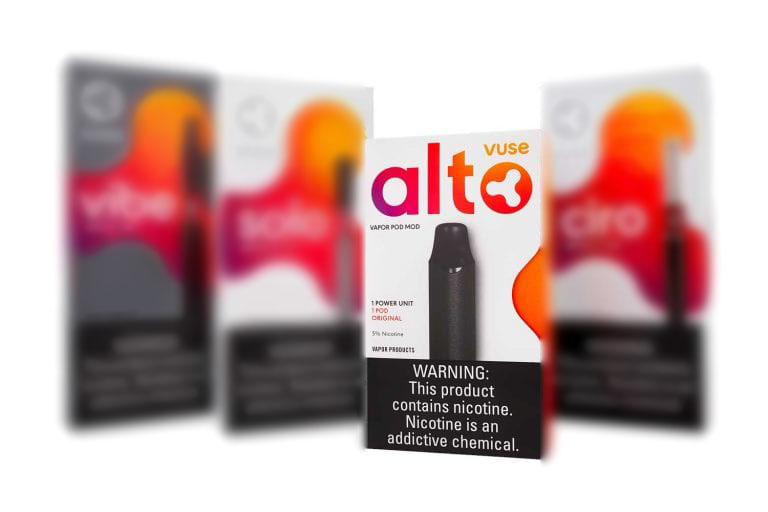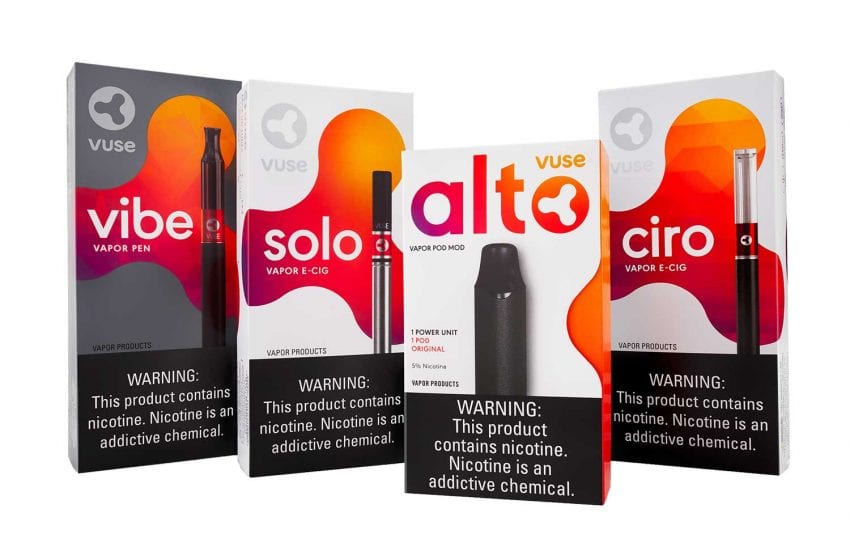
The “real world” public-health effects of BAT’s Vuse e-cigarette is the subject of a new study.
The study is “designed to assess and provide insights” into the growing role of the e-cigarette brand. Vuse has been market momentum in since some of its branded products received marketing approval from the U.S Food and Drug Administration.
The study involves a cross-sectional confinement study of exclusive Vuse users in the United Kingdom over at least a six-month period, according to a press release.
“This innovative study demonstrates our commitment to researching the reduced-risk potential of our New Category products. What makes it particularly relevant and exciting is that the results generated will be from people who have been using Vuse as they normally would for more than six months prior to testing,” Sharon Goodall, BAT’s Group Head of Regulatory Sciences, said. “The results will provide important new insights and show us the differences between Vuse users, smokers and former smokers across a range of important biomarkers thought to be predictive of disease development. We look forward to sharing the data once available.”
Also participating were current or former smokers of traditional cigarettes and people who have never smoked. Former smokers would have had to quit for at least six months to qualify. Study participants were between 19 and 55 years old, and in good general health.
“It is hoped that the results, which are currently being analyzed and will be published later this year, will provide further supportive evidence that using Vuse can reduce relative risk for certain diseases among adult consumers compared to smoking,” BAT said in a news release.
Unlike longitudinal studies where participants attend multiple clinic visits over an extended period of time, participants in this study made a single clinic visit where samples of blood, urine and other measurements were collected. These samples were then tested for “biomarkers of exposure” (to selected cigarette smoke toxicants) and “biomarkers of potential harm”. Differences between the groups were assessed, rather than changes from baseline.
In addition, to ensure compliance, the Vuse and former smoker groups were tested for the biomarker, CEVal, which indicates if they have recently smoked cigarettes.
Results from the completed study will be published in due course.

